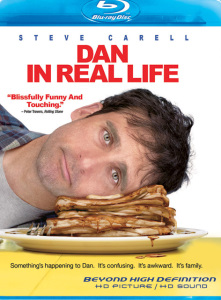Dan in Real Life - BRD
(Peter Hedges, 2007)
Review by Leonard Norwitz
Studio:
Theatrical: Focus Features & Touchstone
Video: Touchstone Home Entertainment
Video:
Aspect ratio: 1.85:1
Feature film: 1080p
98 minutes: 15 chapters
Single disc 50 GB
Supplements: 480i & 1080i
Audio:
English 5.1 Uncompressed (48 kHz/24-bit)
English DD 5.1 Surround
French DD 5.1 Surround
Spanish DD 2.0
Subtitles:
Feature: English SDH, French, Spanish
Extras: English SDH, French, Spanish
Extras
• Audio commentary by writer/director Peter Hedges
• Just Like Family: The Making of Dan in Real Life
• Handmade Music: Creating the Score
• Real-Life Outtakes
• Deleted Scenes w/ commentary by the director
Locking Blu-ray case
Release Date: March 11, 2008
The Score Card
The Movie : 6
Dan Burns (Steve Carell) is a widower of 4 years with three teen and pre-teen daughters. His relationship to his children and the memory of his wife is like a cross between the Tom Hanks character in Sleepless in Seattle and Marlin, Nemo's overprotective dad. He writes an advice column under the byline Dan in Real Life. He accepts the role of dad and mom with a tenacity that is both reassuring and tenacious. The good news is that he doesn't beat them when they disagree with his rules. Dan and his girls make off to Rhode Island for the annual family holiday get-together (without the usual tiresome nods to any particular holiday). They are met with siblings and their wives and children, and mom & dad. For reasons passing understanding, Dan is relegated to the laundry room (Hasn't anyone heard of doubling up – he does, after all, have a spare brother?) Everyone is urging him to move on and "get a life" . . . by which they mean, "get a wife." At his mother's insistence gets out of the house for a break and makes an aimless visit to the local bookstore where he meets Marie (Juliette Binoche). They spend an engaging afternoon together, but she is reluctant to make it any too easy to continue the connection, saying something about a new relationship that she is involved in. But she offers her cell number anyhow. Dan is all excited about her and, knowing that the family would be too, he is about to say more when his brother enters with Marie on his arm. The rest, as they say, is the movie.
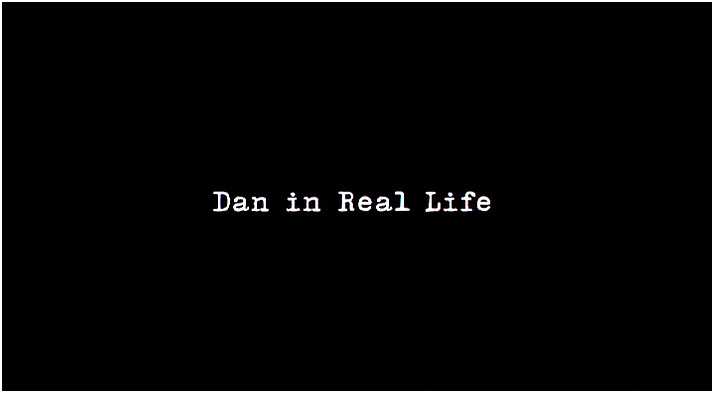 |
Image : 8.5 (8~9/9)
The score of 8.5 indicates a relative level of excellence compared to other Blu-ray DVDs. The score in parentheses represents: first, a value on a ten-point scale for the image in absolute terms; and, second, how that image compares to what I believe is the current best we can expect in the theatre.
The color in the original movie is generally saturated, which felt to me as counterpoint to Dan's inner depressed and confused life. The other characters, to say nothing of the fall setting in Rhode Island, are overflowing with vital juices. Interiors on the DVD tend to the red and orange, probably from bouncing the light around an otherwise darkish wood interior. Blacks of various densities tend to bunch up. Sharpness is mostly very good. The bit rate is highish – often in the upper 30s and lower 40s.
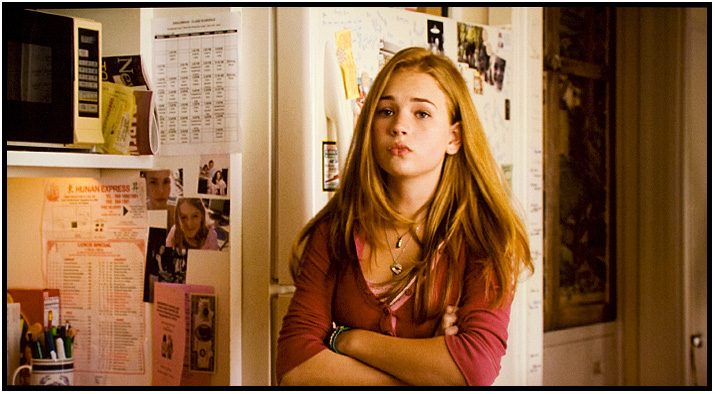 |
 |
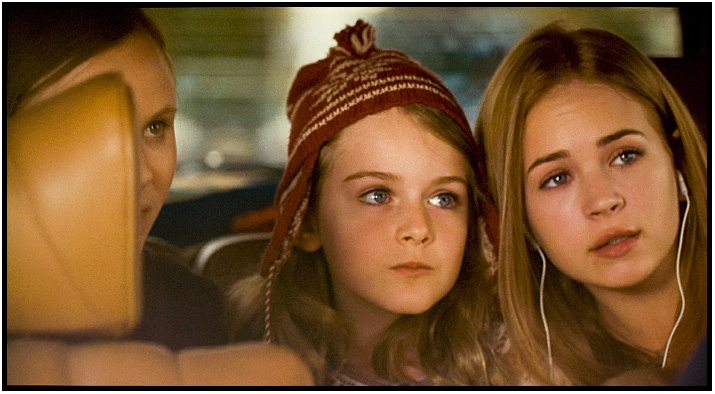 |
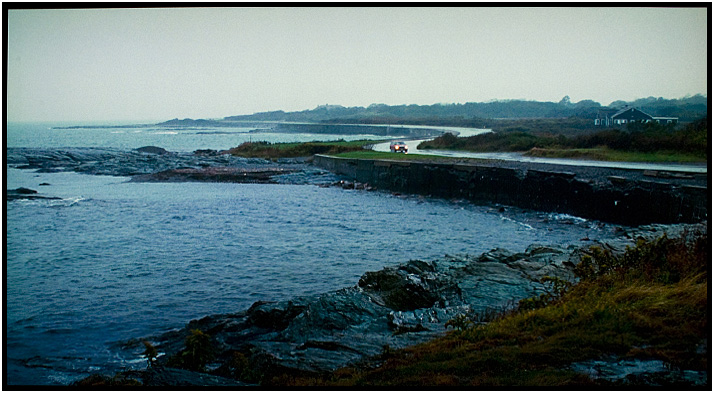 |
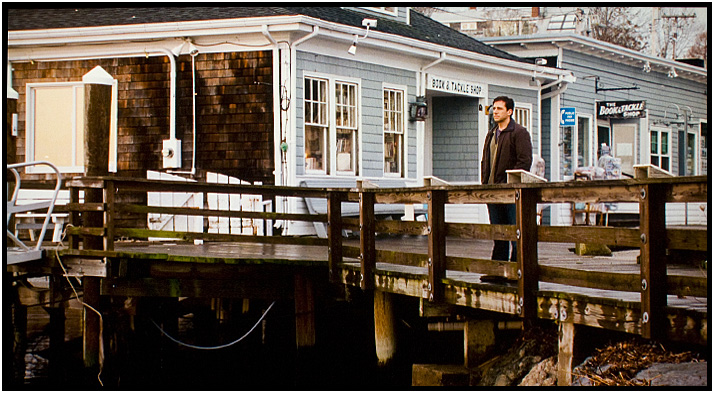 |
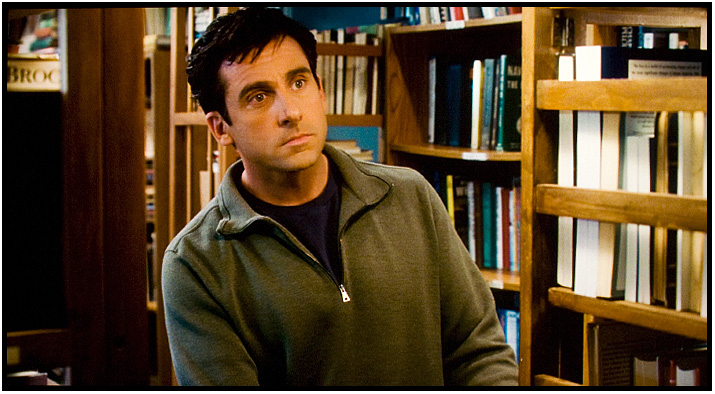 |
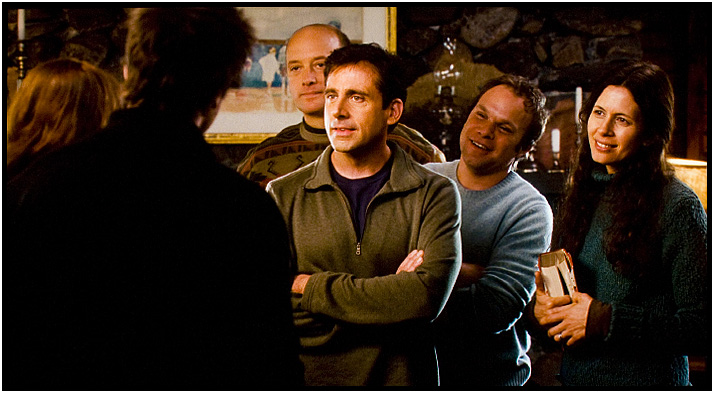 |
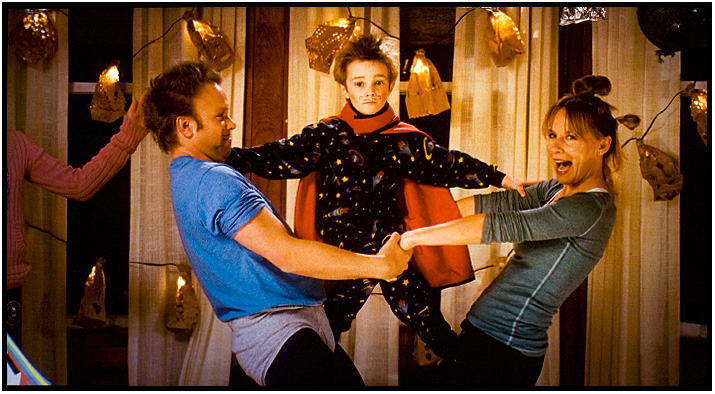 |
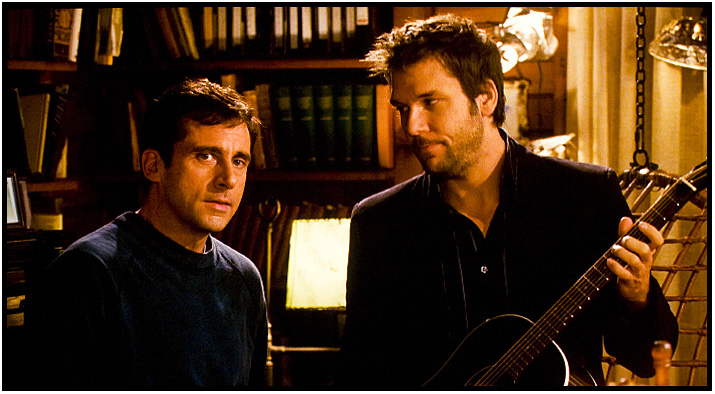 |
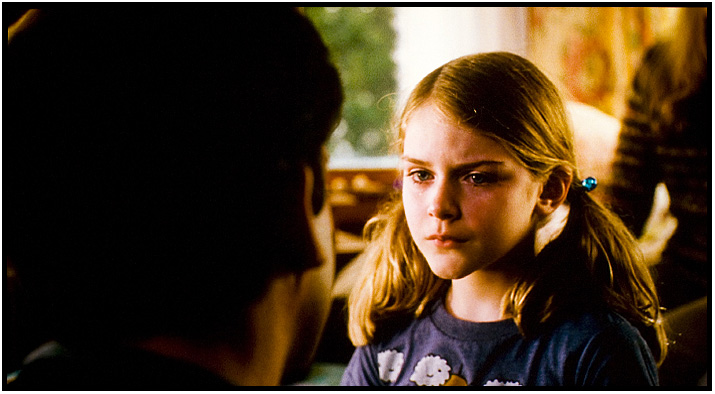 |
Audio & Music : 5/7
While watching this movie I often commented to myself that the music part of the audio mix seemed so in my face, which is why I wanted to check out the bonus feature titled Handmade Music. Hedge's's opening statement goes "Most Hollywood movies are overscored." I guess by "overscored" he is referring to the texture of the instrumentation. For Dan in Real Life is a textbook example of how you can make simple instrumentation compete with, rather than enhance, the narrative. The intention is evidently the opposite. Perhaps the error is the result of carelessness in the original soundtrack mix, rather than in the DVD, but error it was – or so this was my impression. [More on this under Comment, below] Too bad, really, because the songs were quite nice and supportive of the story and the mood of the main character.
Operations : 7
Miramax Blu-ray DVDs are distributed by Buena Vista whose hand can be seen in their usual endless promos and previews that, mercifully, can be chapter-skipped before the endless loading of the feature film begins. On the other hand, I found the menu operations to be most sensible, informing of us about the length of the various segments. (We are seeing more of this on Blu-rays now. If only Blu-ray would come up with an informative feature film time line, such as was adopted by the HD-DVD camp, I would be a happy camper.)
Extras : 6
(cf. My comments on Music above.)
Comment with Spoilers
Steve Carell dares me to like him. I'm afraid I fail miserably. I find him and his character overcontrolling and overcontrolled, even when he's meeting cute or declaring his love for his intended girlfriend or even his children. He’s self-consciously studied even as he tries to appear spontaneous. I gather from his success in TV's The Office that my experience of him is not off-putting for his fans. Quite the contrary. All the other characters in this movie seem to be working harder than Carell at getting me to like his character. If it weren't for Juliette Binoche's engaging, spontaneous performance as the object of his affections, I would not have given a prayer for his salvation.
The thing that most bothered me about Dan, is that when he and Marie first meet, Dan does all the talking. What he learns about her is that she finds him interesting and adorable. In turn, he learns almost nothing about her. He even acknowledges the imbalance, but fails to make up for it later. He is in love with being in love. It's so male. Nothing wrong with that, except that the idea is developed in scene after scene without Dan’s ever finding out much about Marie except how she responded to his relentless pursuit. We learn about her skills as a cook, a wordsmith and a physical health nut. Who wouldn’t find Marie the catch of the year? The whole family is in love with her.
In my view anyhow, love is a far more interactive business than Hedges expects us to accept. Hedges places the lovers in one comedic situation after the other, which would be fine if this movie were simply a comedy/romance, but the ending suggests otherwise. Perhaps I would have felt differently about the film as a whole if his children weren't so quick to forgive him for his betrayal. They, of course, have their own agenda, which is to acquire a mother, and Marie is the best offer they are likely to get.
Marie’s unquestioning acceptance of a man who never gets around to finding out about her in an interactive way worried me. Marie learns about his faults and needs, but he learns little if anything of hers. She responds to his attempts to engage without ever presenting anything of herself to him directly that isn't a response to his persistence – not that these two are ever given much of a chance under the circumstances . . . until the bowling alley - a scene that bookends the one in the bookstore. At the bowling alley they are alone together, again, at last. Here, they do another dance around falling in love as they did in their first encounter. And what happens? As at the bookstore, she neither initiates nor invites. Instead, he teaches her more about how to respond to him: he teaches her how to bowl, and he shadows her while she's at it.
In some ways, this movie is all over the map: it wants to be a romantic comedy, but it also seems to want to teach us something about love – after all, Dan does write an advice column. It is sometimes mean-spirited (at least that's how I responded to it) and yet also exquisitely understanding. There is one scene that echoes the talent show in About a Boy (a film Hedges wrote, but did not direct), where Dan steals the limelight from his brother and sings a love song to Marie. But instead of empathizing with Dan's courage, I could only feel his brother's confusion and concern. In a quite different mood, Dan goes upstairs to visit his youngest daughter in her room: he espies Marie with her and backs off and, unnoticed, hangs about the door taking in the implications. It's a touching moment, and for the life of me I cannot rationalize it and a few others like it into the rest of the film.
In the end, I'm reminded of Annie Hall for two reasons. The first is that Woody knows how to handle self-indulgent, self-observing neurotic love, which Dan is a far less irritating, but also less honest version of. Alvy and Annie spar almost from the moment they meet. They at least have the opportunity to consider what they are doing and how they feel about it. The second is the difference in how the two movies are scored. Take a moment to test your memory . . . If you remembered that there is none in Annie Hall, you get an A+. Woody rightly uses music only when sung or played by his title character or a car radio. His music does not compete, nor underscore, nor comment on, nor make with the ironies. You could say in defense of Dan that Annie Hall is a different movie with different requirements, and you'd be right. Why then does Hedges feel the need to have a score at all when the climactic moment of the movie comes where Dan sings his love song? Well, it worked in About a Boy, so why not here? Why not, indeed!
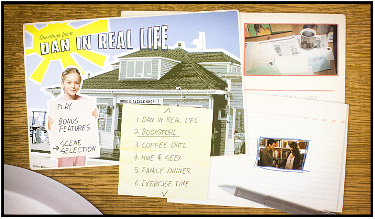 |
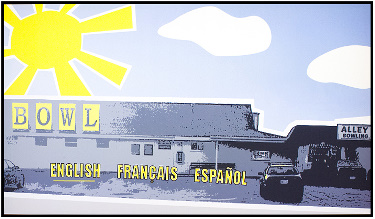 |
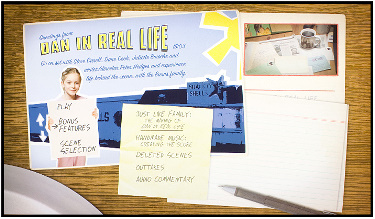 |
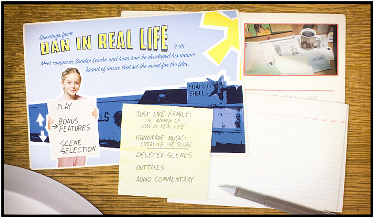 |
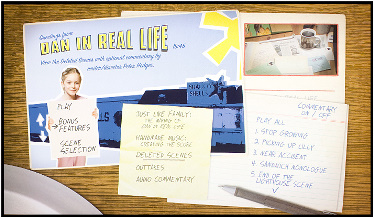 |
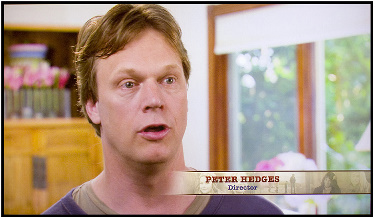 |
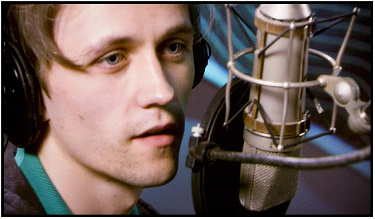 |
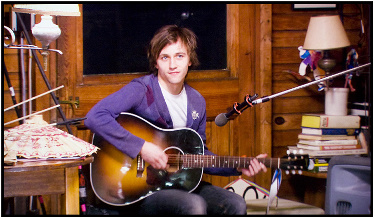 |
Recommendation : 7
The quote on the box is "The Feel-Great Comedy Of The Year." I never trust such maxims. Perhaps lowered expectations helped me to enjoy the film than otherwise. My guess if you like Steve Carell, you will like this movie. The transfer is good, though unremarkable.
Leonard Norwitz
LensViews
March 7th, 2008
COMING SOON:
Enter the Dragon
